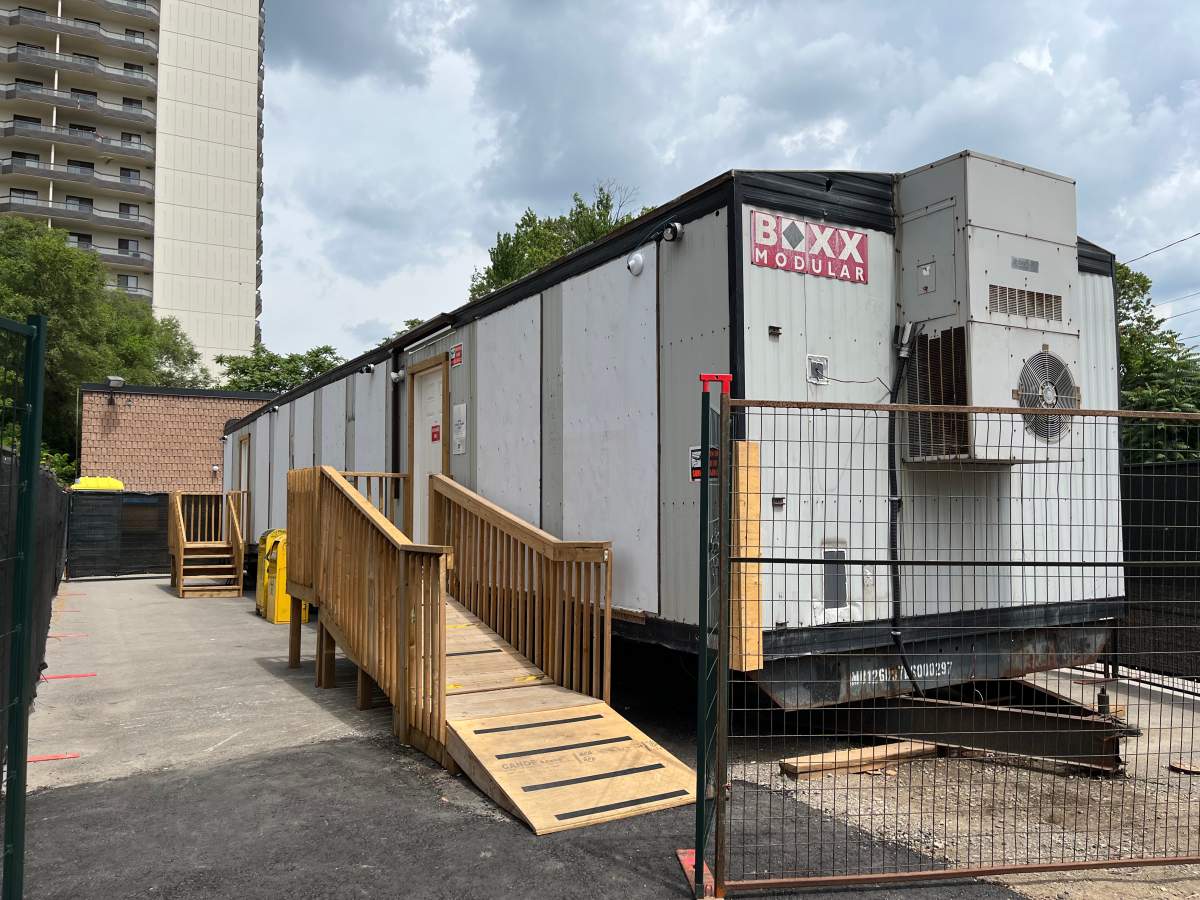With Wednesday marking International Overdose Awareness Day, officials at the Middlesex-London Health Unit say they’re looking to use the annual day as an opportunity to put focus back onto addressing the region’s opioid overdose crisis, a crisis which has only gotten worse during the COVID-19 pandemic.

More than 1,037 opioid-related emergency department visits were recorded last year, nearly double the number seen in 2019, according to health unit figures, while the number of hospitalizations related to opioid overdoses rose from 75 in 2019 to 127 last year.
Deaths related to opioid overdoses rose from 60 in 2019 to 101 in 2020, an increase of 68 per cent. While a full death toll is not yet available for 2021, at least 103 deaths were reported between the start of January and the end of September, according to Public Health Ontario.
Provincially, 17,052 emergency room visits and 2,405 hospitalizations were reported through 2021, while at least 2,167 deaths were reported between January and September, according to Public Health Ontario.
“The pandemic has had an impact on a variety of health issues, but notably, I think, has clearly had an impact on overdoses and substance use. Things have not improved, certainly since the pandemic. They’ve gotten worse,” said Dr. Alex Summers, the region’s medical officer of health.
“Today marks another opportunity for us to remind ourselves that this is an ongoing issue in our community and that the attention that we were drawing towards this issue prior to the pandemic is attention that we have to bring back to it,” Summers said.
More than 12,000 free opioid overdose-reversing naloxone kits were handed out to the community last year, the health unit says, adding it received reports of at least 1,139 overdoses in the London and Middlesex region.

Get weekly health news
Naloxone kits can be acquired through the health unit, Regional HIV/AIDS Connection (RHAC), other local organizations, and at Ontario pharmacies.
“It’s hard to put a timeline on the path out of this. We know that prior to the pandemic, there was some indications of improvement, certainly across the country. Hopefully after this pandemic continues to resolve, we’re able to pick up some of those efforts and return,” Summers said.
In a statement Wednesday, the health unit said it would be handing out support bags to clients of its outreach team and to clients of the Counterpoint needle and syringe program run by the Regional HIV/Aids Connection.
The support bags include a reusable water bottle, granola bar, clean socks, and a card with the temporary address of the needle and syringe program and the location of the Carepoint Consumption and Treatment Service on York Street.
The Carepoint program, also known as a supervised consumption site, is operated by the Regional HIV/AIDS Connection at 446 York St.
The organization says it hopes to have the permanent site up and running by the end of the year or by early 2023 as renovation work continues on the main building, which previously housed John Bellone’s Musical Instruments.
Until then, the temporary Carepoint site, which had operated out of 186 King St. since 2018 — previously known as a temporary overdose prevention site, or TOPS — was relocated to York Street in July with services provided from an air-conditioned trailer on the property.
The site works by offering people a place to use drugs safely and seek services for recovery. The temporary site continues to see members of the community regularly and reverses opioid overdoses on a frequent basis, said Brian Lester, RHAC’s executive director.
“We’re working doing a 12-hour shift … there’s rarely a day that goes by that there’s not a reversal of an overdose in the facility, so that just demonstrates the critical need of the program,” Lester said.
“This morning we opened at 9:30 for the service and people were already there ready to access the supports of the program.”
Figures provided by the RHAC earlier this year showed that 17,500 visits were recorded at the former temporary site on King Street between April 1, 2020 and March 31, 2021. At least 171 overdoses were reversed in that time and nearly 3,000 people were referred to community supports.
International Overdose Awareness Day served as an opportunity to reflect on the “magnitude of loss that has happened at the hands of this crisis,” Lester said.
“We continue to be in the middle of an overdose crisis which is exacerbated by the global pandemic, and we seem to still be having to navigate COVID in our everyday existence,” he said.
“London has a serious crisis with homelessness, mental health and addiction, and we as a community need to come together in a compassionate way to respond to those those needs.”
— with files from Andrew Graham









Comments